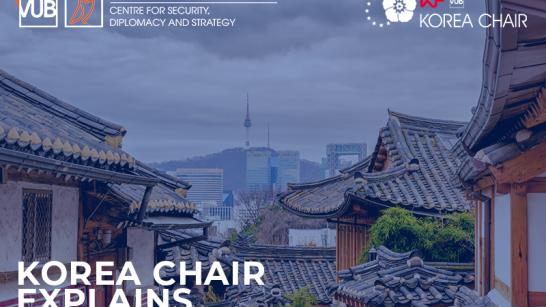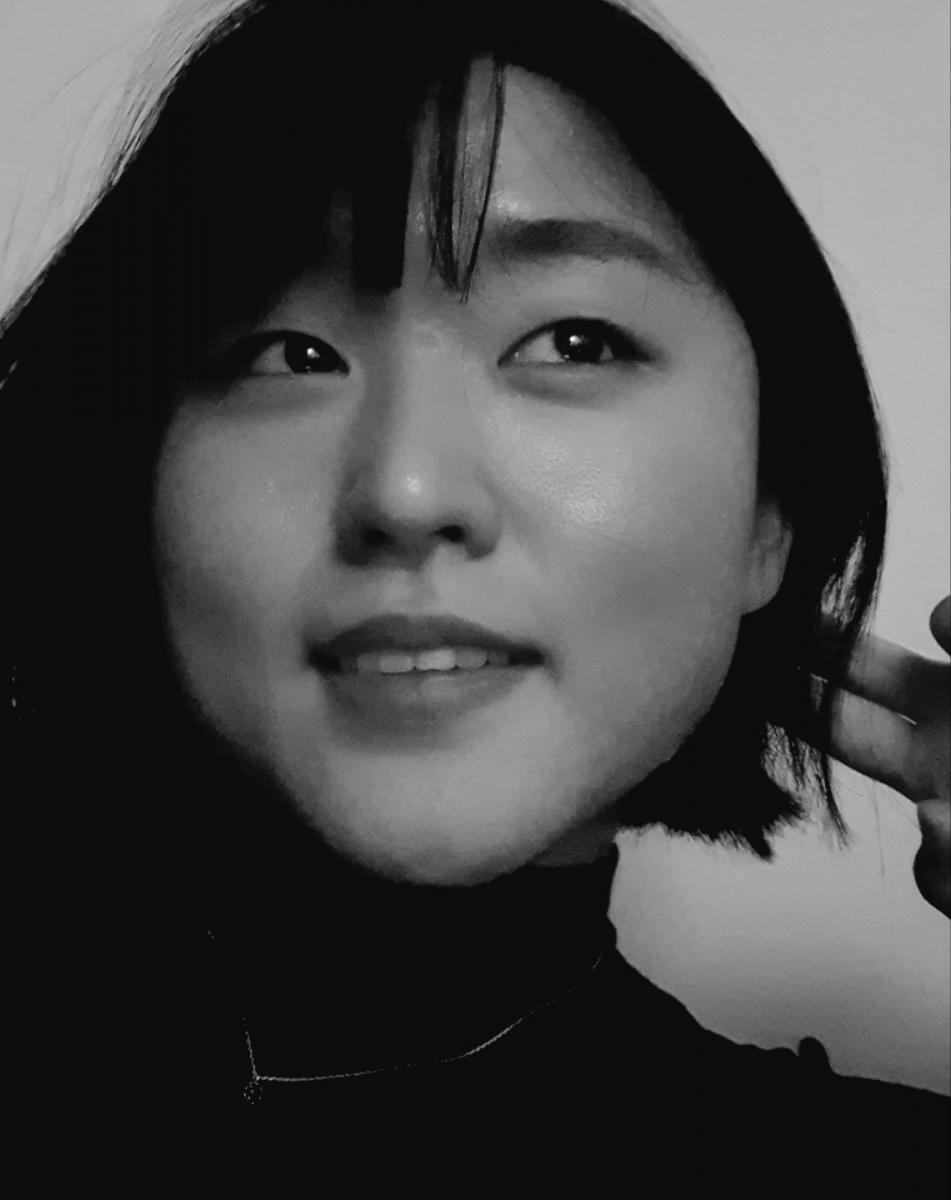
For most scientists and many politicians, the climate change clock shows already one minute after 12. Thus, rapid actions and no further delays are required. Changes of administrations, however, always create uncertainty because of the change in persons, programs and priorities. On the other hand, commitments made at COP26 were incurred by the Korean government and the international community expects South Korea to resolutely engage in line with its development and CO2 consumption, past and future, and to honour its Green New Deal.
Are they interested?
The younger generation of the electorate demands a sincere debate and an agenda to fight climate change. However, the interest displayed by the two contenders varies: Lee Jae-Myung (Democratic Party of Korea, DP) appears more active on energy and the Green New Deal and willing to continue policies. Analysis of both campaign blogs confirms the difference: While Lee’s blog shows 110 results on climate change including specific policies for local governments, Yoon Suk-Yeol (People Power Party, PPP) shows two results on energy transition and fine dust.
Where they agree
The two contenders agree to raise the National Climate Plan target to 40% and to expand renewable energy in the domestic energy mix.
Both are committed to facilitate energy transition in cooperation with industry, either through Special Economic Zones for renewable energy (Yoon) or the establishment of a new Department for Climate Energy (Lee).
New forms of smart mobility are common goals, with Lee proposing concretely a national ban on petrol and diesel car sales by 2040 and to supply correspondingly 3.6 million electric subsidised vehicles. Financial incentives and training are commonly advocated tools.
Where they disagree
The most pronounced difference concerns the use of nuclear energy, an issue also hotly debated in the European Union where the European Commission proposed to include, under certain strict conditions, nuclear energy in the renewable part of the so-called ‘taxonomy’ defining ‘green’.
Yoon announced a return to nuclear power despite an ongoing national debate over this controversial issue. He advocates to combine renewable and nuclear energy and to resume the construction of nuclear power plants in Uljin. He would strengthen cooperation with other countries in the field, in particular the nuclear alliance with the US. Creating 100 000 jobs through the exports of nuclear plants has a strong industrial policy angle. He would further invest in developing the next generation technology, e.g., Small Modular Reactors and the nuclear hydrogen production technique.
Lee considers the current trend of energy transition to drive future growth in the long term. Therefore, support for the present climate change policies and a proactive approach. Lee seems to be inclined to advance the target date. Lee nuanced his position on the use of nuclear power plants in showing willingness to resume construction of plants put on hold by the present government, instead of abandoning nuclear energy completely. Lee is aware of the problem of plastic (Plastic Zero Society) and advocates better recycling, also for glass and metal. Lee also mentions the need for a fine dust policy, i.e. by working towards smart clean cities. Picking up on the costs involved, Lee proposes a Just Transition Fund, which is in line with the ‘Leave nobody behind’ idea.
Conclusion
The rather pronounced difference on the use of nuclear between the two contenders, as well as on the use of tools to achieve climate goals – Lee seems to favour more industrial policy and state intervention than Yoon – means that the policy continuity of the Korean government will, to some extent, depend on the result of the March presidential election.
Positive from the EU perspective: both contenders expressed interest to cooperate with the EU in fighting climate change – work can and should intensify right after the election, whoever wins.
About The Author

Nagyeong Kang is a Ph.D. Student at Seoul National University Graduate School of International Studies. Previously, she worked as a visiting researcher at the Korean Women’s Development Institute and completed a dual master’s degree at KU Leuven (European Studies) and Seoul National University (International Cooperation). Her research interests are climate change, representation of minorities, and democracy.